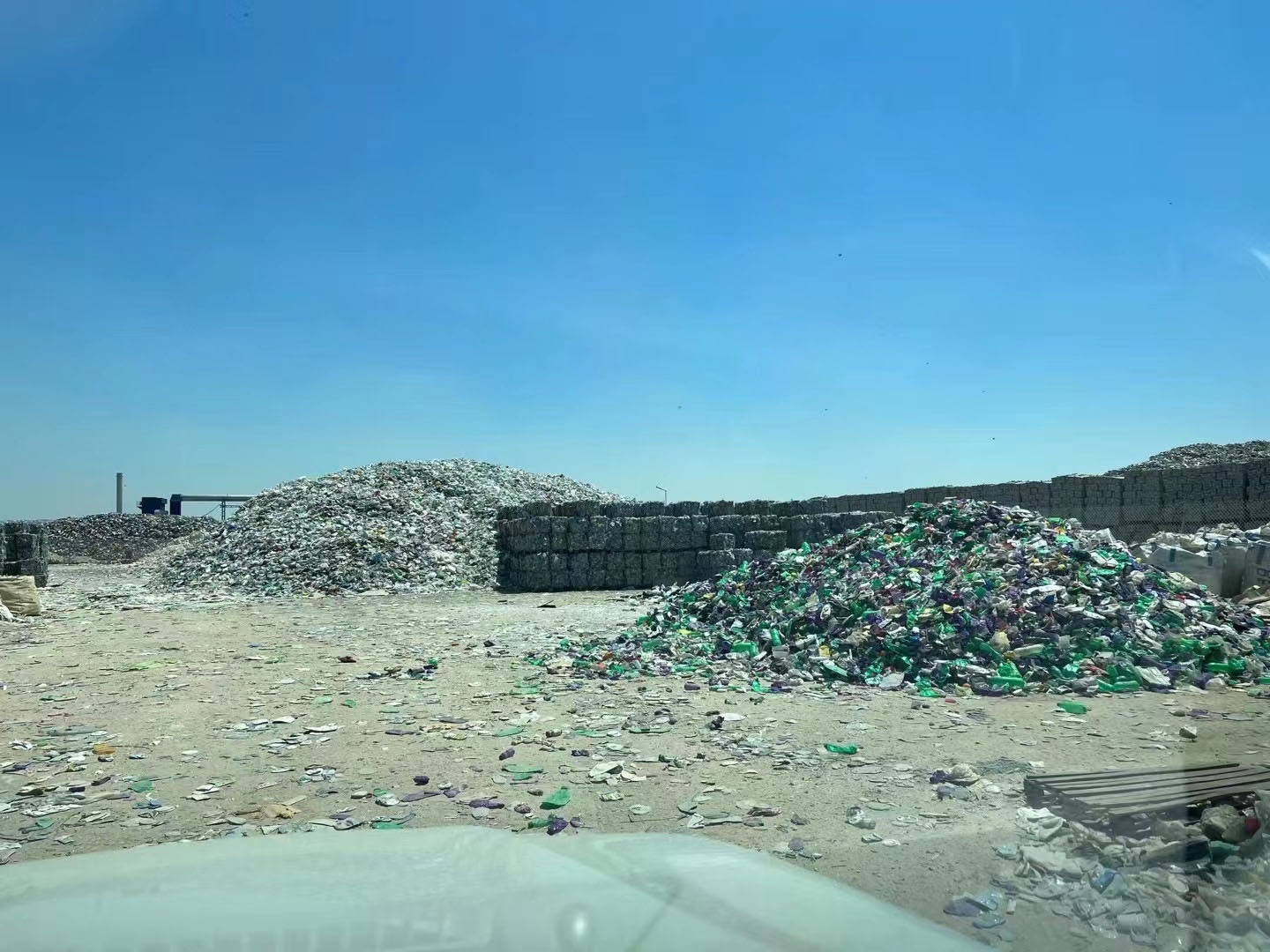On 29 May -2 June 2023, the second session of the Intergovernmental Negotiating Committee of the United Nations Environment Programme (UNEP), known as INC-2, will be held at UNESCO headquarters in Paris, France, to develop a legally binding international instrument on plastic pollution (plastic pollution in the oceans).
The Chinese delegation has put forward nine proposals for the meeting.
Plastic is the basic material to ensure clothing, food, housing, transportation and medical care, and has a wide range of applications in industrial engineering, construction, agriculture and other fields. Plastics are not pollutants, but because of their stable physicochemical structure, when leaked into the natural environment, they can take hundreds or even thousands of years to fully degrade, causing long-term adverse effects on soil, aquatic environments and biodiversity worldwide. Plastic pollution is therefore caused by environmental leakage and the accumulation of waste plastic products caused by poor management. In this regard, the international community should take the necessary measures to reduce the leakage of plastic waste recycling into the environment in order to protect human health and the environment from the adverse effects of plastic pollution.

In setting the goals of the tool, the important role and contribution of plastics to human society and economy should not be ignored, and plastics should be placed within the entire socio-economic system, considering the synergies between economy, society and environment. The objective of the instrument should be to build together a sustainable future and to support sustainable human development. Control measures for the instrument should focus on the management of leakage of plastic waste into the environment, in particular the collection, reuse and disposal of waste prone to leakage into the environment.
The instrument's core obligations should address plastic pollution using a full-life cycle concept and focus on waste management to minimise leakage of plastic waste into the environment, including:
1. Promote sustainable production and consumption of plastics.
2. Strengthen the collection of post-consumer plastic recycling products, use plastic waste as materials and energy, and improve the reuse of plastic waste.
3. Strengthen household recycling and proper disposal of plastic waste to reduce its cross-border movement.
4. Strengthen public communication and education to increase awareness of reducing plastic pollution.
In addition to the core obligations, the following controls are proposed to facilitate the management of plastic waste:
1. Establish a complete collection, recycling and disposal system to continuously improve the recycling rate of plastic waste.
2. Set recycling targets for plastic waste, especially at the domestic level.
3. Plan measures to control transboundary flows of plastic waste, particularly from developed to developing countries.
According to UNEA 5/14, the approach to tackling plastic pollution will be comprehensive and inclusive, and there is no one size fits all approach. Therefore, a voluntary approach at other stages of the plastic life cycle, such as production and consumption, is adapted to different national circumstances and development paths, based on core obligations focused on waste management to minimize the twitch of plastics. The instrument could provide a variety of possible voluntary options, such as: management measures and methods that are appropriate to the national context (including industrial structure, industrial chain, level of economic and social development, technical capacity and means of implementation) in the following areas:
1. Restrict or prohibit the production and use of plastic products with specific categories and uses;
2. It is forbidden to add plastic beads to certain products;
3. Limit certain additives in plastics;
4. Encourage the ecological design of plastic products;
5. Taxes on certain types of plastic products;
6. Conditions for the use of plastic alternatives;
7. Methods of plastic recycling;
8. Set the usage conditions and the proportion of reprocessed plastics;
9. Certified green plastic products.
In general, a combination of economic and market tools can be used to reduce the production and use of plastic products and to strengthen research and development of alternatives.
The following necessary measures should be taken to ensure the achievement of the objectives and the smooth implementation of the instrument.
(1) National Action plans and national reports
National action Plans (Naps) are essential for countries to develop national strategies, tailored to their national circumstances, to tackle plastic pollution at home and contribute to global efforts. Thus, the instrument could require States to develop new solutions and report regularly according to a set time frame. The Conference of the Parties may discuss and develop formats for national action programmes and national reports for the information of States.
(2) Effectiveness evaluation
Given the experience of previous MEAs, capacity-building, technical and financial assistance available to developing countries will directly determine whether the objectives of the instrument can be achieved.
The means of implementation provided for in that instrument should fully reflect the principles of the Rio Declaration on Environment and Development referred to in UNEA5/14. Developed countries should provide additional, adequate and predictable financial support and technical assistance to developing countries, taking into account the needs of least developed countries and small island developing States.
1. Sources, releases and impacts of plastics and microplastics on human health and the environment;
2. Impact of transboundary movement of plastic waste on human health and the environment;
3. Substitutes/alternative materials for problematic and unnecessary plastics;
4. Economic evaluation of plastic pollution control technologies;
5. Best available technologies and best Environmental practices to tackle plastic pollution (BAT/BEP);
6. Sources, releases and impacts on human health and the environment of plastics and microplastics.
Raising awareness of policy development, public communication on the impact of plastic pollution and alternatives, training of personnel at the technical and managerial levels, and developing, communicating and implementing education and training programs at the national and international levels.
1. Encourage consumers to reduce the use of non-recyclable plastic products;
2. Promotes international organizations to provide financial and technical support to developing countries within their capabilities;
3. Encourage private sector involvement in plastic recycling machines and waste plastic disposal.